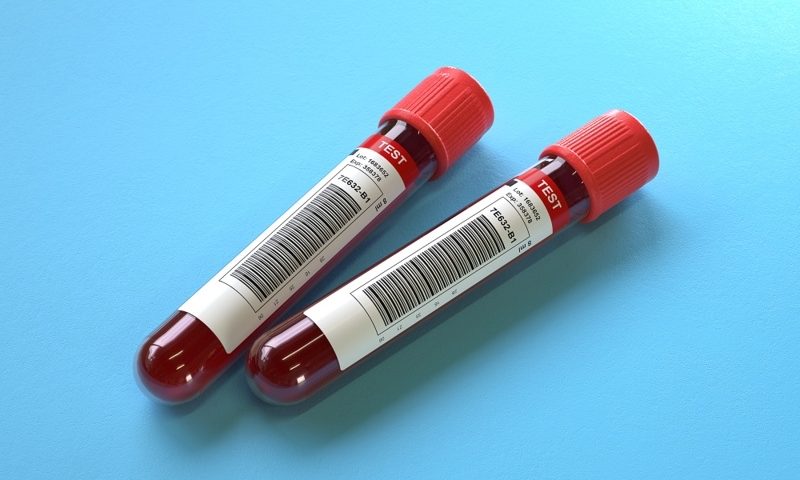CSL Behring and uniQure’s hemophilia B gene therapy etranacogene dezaparvovec hit its primary endpoint in an ASH late-breaker posted today.
The top-line data from its pivotal phase 3, known as HOPE-B, assessed the investigational adeno-associated virus five (AAV5)-based gene therapy for the treatment of patients with severe and moderately severe hemophilia B.
There are two main types of the bleeding disorder: Type A, the most common type, is caused by a deficiency of factor VIII, one of the proteins that helps blood to form clots, while Type B hemophilia is caused by a deficiency of factor IX.
These data from uniQure, which has a deal with CSL Behring for the drug, was on 54 patients, showed it boosted levels of Factor IX from below 2% of normal to 37% after 26 weeks, hitting the primary endpoint.
More detailed data will be presented at the SH conference next month, but the top-line peek saw uniQure’s stock up 6% on the news.
During the 26-week period after dosing, 72% of patients reported no bleeding events, while 15 patients reported a total of 21 bleeds. “Mean annualized usage of FIX replacement therapy, a secondary endpoint in the clinical trial, declined by 96%, the company said.
“We are extremely pleased that these top-line pivotal data show that a single administration of etranacogene dezaparvovec gene therapy led to sustained increases of Factor IX (FIX) to functionally-curative levels capable of eliminating the need for regular infusions to control and prevent bleeding episodes,” stated Ricardo Dolmetsch, Ph.D., president of research and development at uniQure.
“Most impressively, these data also demonstrate the potential to achieve clinical benefit in patients with a range of pre-existing neutralizing antibodies representative of the general population. The ability to dose a gene therapy in patients with pre-existing neutralizing antibodies has not been demonstrated for any other gene therapy and illustrates the potentially unique ability of our AAV5 platform to address the needs of a broad set of patients living with hemophilia B and other disorders.”
There were adverse events, though most were classed as mild. For example there were some liver enzyme elevations, which can be a warning sign of toxicity, but these elevations “resolved with a tapering course of corticosteroids and FIX activity remained in the mild range in the steroid-treated patients,” the biopharma said.
Back in June, CSL struck a deal to buy uniQure’s late-phase hemophilia B gene therapy etranacogene dezaparvovec for $450 million upfront. These latest data set up the companies in a battle to bring a new hemophilia B gene therapy to market, pitting it against the likes of Pfizer and Spark/Roche.
UniQure has turned perceptions of its hemophilia B gene therapy around in recent years. After clinical data suggested it would struggle to match the efficacy of Pfizer and Spark Therapeutics’ SPK-9001, uniQure switched from wild-type factor IX (FIX) to gene variant FIX Padua and began posting stronger results.
This led to M&A talk, but in the end, CSL came in to pick up the hemophilia B gene therapy, but without acquiring the rest of uniQure.
That deal features a $450 million upfront payment and up to $1.6 billion in milestones, $300 million of which are tied to regulatory events and first commercial sales. CSL is also on the hook for tiered royalties that top out a little above 20%, and these latest data make that bet look like a strong one.

